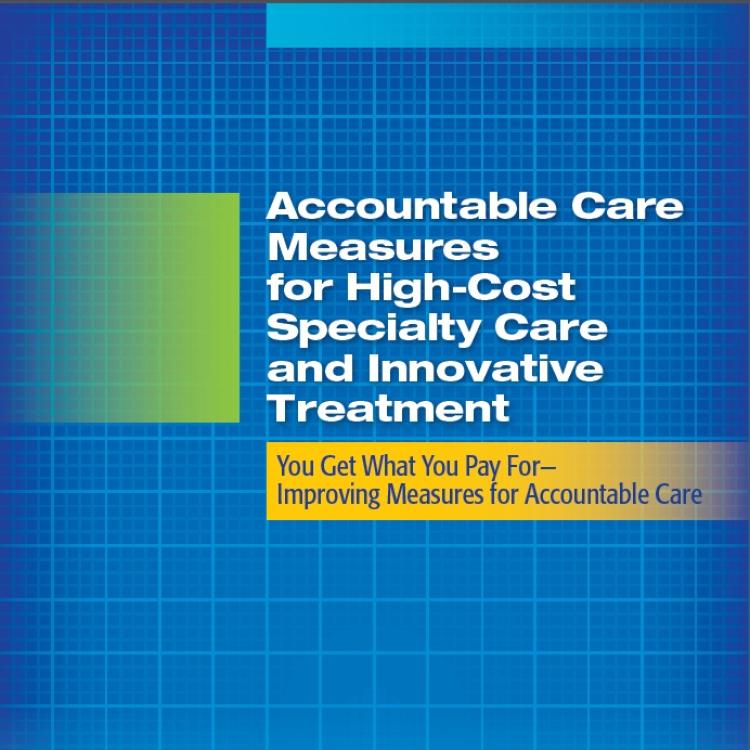A new study, “Solutions for Filling Gaps in Accountable Care Measure Sets,” published in The American Journal of Managed Care, explores gaps in accountable care measure sets for high-priority conditions, which can present opportunities for supporting improvement in quality and cost of care.
The study authors examined gaps in accountable care measures as compared with evidence-based guidelines for 20 prevalent and costly conditions, such as breast cancer, diabetes, HIV, and heart disease. The findings were reviewed via a roundtable discussion with national thought leaders. Some conditions have a number of quality measures, while others have none.
Yet these gaps cannot be completely addressed with more of the same measure types and measurement strategies currently in use, the study explained. Quality measures need more breadth, more depth and new designs; measurement enhancements could include a mix of the following priority measures and innovative approaches:
- Outcome measures, which are meaningful to patients and providers, allow for flexibility and innovation in improving care, and can efficiently replace multiple process measures;
- Cross-cutting measures, which assess care across conditions, settings, and time;
- Patient-reported measures, which emphasize the outcomes that matter most to patients, such as functional status and quality of life; and
- Layered and modular approaches, which optimize measurement efforts by focusing the measures on specific purposes, such as external accountability or internal improvement for the layered approach or a specific subpopulation for the modular approach.
The authors of the study, who included experts from the National Pharmaceutical Council (NPC), Discern Health, the Brookings Institution and the American Medical Group Association, also co-authored the 2014 white paper, “Accountable Care Measures for High-Cost Specialty Care and Innovative Treatment: You Get What You Pay For—Improving Measures for Accountable Care,” which provides a more in-depth look at the challenges with quality measures.
The white paper offers a framework that could help those who are developing accountable care measure sets to analyze their own sets and strategies. The framework includes:
- Prioritizing measure gaps for the most prevalent and costly conditions, identifying unmeasured aspects of care, and using early monitoring indicators such as readmissions to indicate problems.
- Using alternative measurement approaches, such as layered and modular models.
- Using the most meaningful measure types, such as outcome, cross-cutting, and patient-reported measures.
- Addressing barriers to measurement by enhancing data sources and overcoming measure methodological issues such as small numbers, risk adjustment, and attribution.
- Assessing opportunities to continuously improve measurement through feedback loops, input from patients, and evaluation of measure impact.
The study and white paper are supplemented with video interviews with experts. In addition, NPC and the University of Maryland School of Pharmacy have developed a continuing education course on quality measures.
